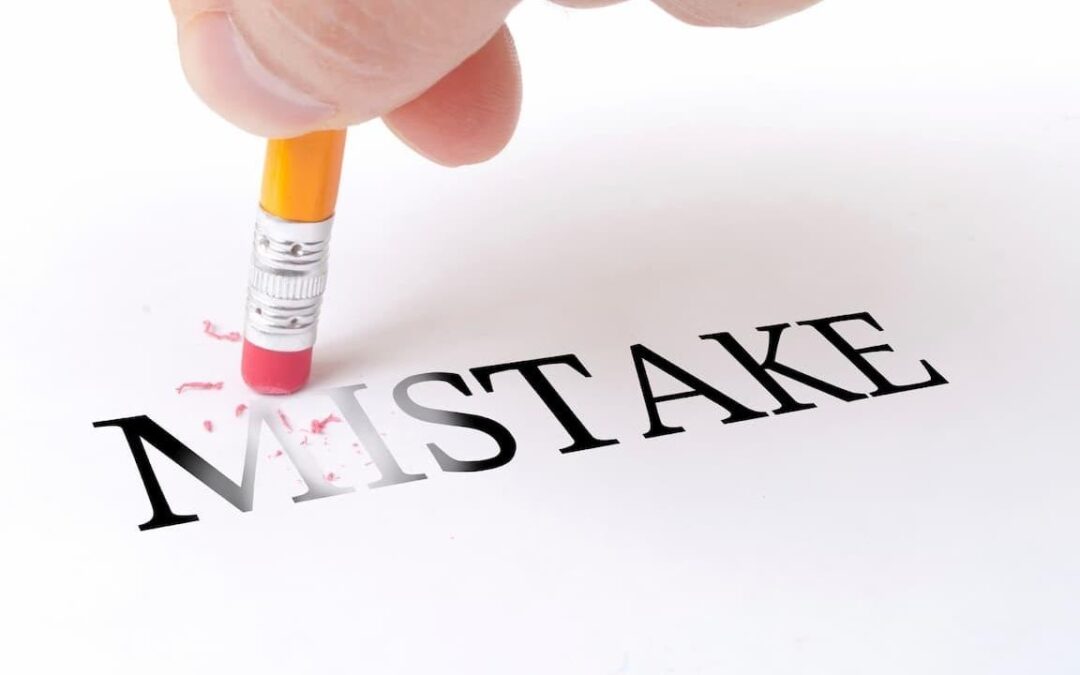Applying for a New Zealand visa can be exciting, but it is also a process that demands accuracy, attention to detail, and a clear understanding of the rules, most importantly the questions on the forms. Many applicants unknowingly make small mistakes that can lead to delays, rejections, or unnecessary stress.
To help you avoid common traps, here are some mistakes people often make when applying for a New Zealand visa, and how you can avoid them.
1. Incomplete forms and applications
One of the most common (and preventable) errors is submitting a form with missing or incorrect information. Double-check every section. Make sure names, passport numbers, and dates are exactly as they appear in official documents. Carefully read and complete the character, health, and family sections.
Inconsistent or incomplete answers across applications can create problems later. For example, failing to declare a family member, previous visa refusals, or past work experience can lead to serious issues in future applications. Be honest and thorough from the beginning.
2. Applying for the wrong visa type
New Zealand offers various visa categories—including work, visitor, student, partnership work, and partnership residence visas—and choosing the wrong one can derail your plans.
Research your options via the Immigration New Zealand (INZ) website or consult an immigration professional to ensure you apply for the right category. For example, we have seen cases where applicants mistakenly applied for a Business Visitor Visa instead of a Work Visa, or a General Visitor Visa when a Partnership Visitor Visa was more appropriate.
3. Not meeting Health or Character requirements
All applicants must meet health and character criteria. Issues like past criminal convictions or untreated medical conditions can lead to rejection. Read each question carefully, be honest, declare any issues and provide supporting documents (e.g., police certificates or medical reports) when requested. If you are unsure, always seek legal assistance.
This is one of the most common mistakes we come across, people failing to declare a minor visa refusal, or a drink driving offence that occurred a long time ago. Identifying it and addressing the issues up front can have much less severe consequences than not declaring it at all. For instance, if another country refused to grant you a visa, declaring it on your temporary visa application, will not significantly impact the outcome of your application. Immigration may request reasons for the visa refusal when determining if you were a bona fide applicant. However, failing to mention it at all means that you will be accused of providing false and misleading information to INZ which could lead to your visa application being declined on character grounds, or your visa could get cancelled. Full transparency is always the safer and more effective path.
4. Providing insufficient evidence
Whether it’s proof of employment, funds, qualifications, or relationships, inadequate documentation is a major reason for visa denials. Provide strong, clear evidence. If you’re applying for a partner visa, include joint bills, photos, and communication history. Some applications require more documents to be provided to meet the requirements which are not usually listed on the normal INZ website. For example, visitor visas from high-risk countries often require additional paperwork to prove you’re a genuine visitor who will return home. An immigration professional will help identify what documents are expected, even those not listed on official checklists, based on experience and prior dealings with INZ.
5. Relying on unlicensed agents or unverified advice
Many applicants fall into the trap of using “agents” or social media advice that’s outdated or wrong. Always use a licensed immigration adviser or an immigration lawyer. You can verify advisers through the IAA website, or lawyers on the New Zealand Law Society registry. You can read my earlier blog on what happens when people use unlicensed agents, or relying on advice from community and social media.
6. Missing deadlines or application updates
Failing to respond to INZ’s requests or missing important deadlines can result in your application being declined. Monitor your email (including your spam folder) regularly after filing, and respond promptly to any communication.
7. Breaching visa conditions after arrival
Getting a visa is only the beginning. If you breach the conditions (e.g., working on a visitor visa), or working outside the conditions stipulated on your visa, can lead to serious consequences such as being liable for deportation. I have written a blog addressing the consequences of breaching visa conditions. Know your visa conditions and follow them strictly. If you are unsure, seek advice before making decisions.
8. Applying without a long-term plan
Some applicants apply impulsively without considering their long-term goals. Think strategically and have the right expectations. People tend to sell assets and homes back home without realising that they might not have a pathway to remain in New Zealand long term. Seek professional assistance ahead of time to discuss your future plans/pathway to stay in New Zealand. An immigration professional can help you choose a visa that aligns with your future goals in New Zealand.
Final Thoughts
Immigrating to New Zealand is a life-changing opportunity, don’t let small mistakes hold you back. Take the time to research, prepare, and if needed, seek professional advice. Getting it right the first time can save you time, money, and frustration. Contact us for advice.
